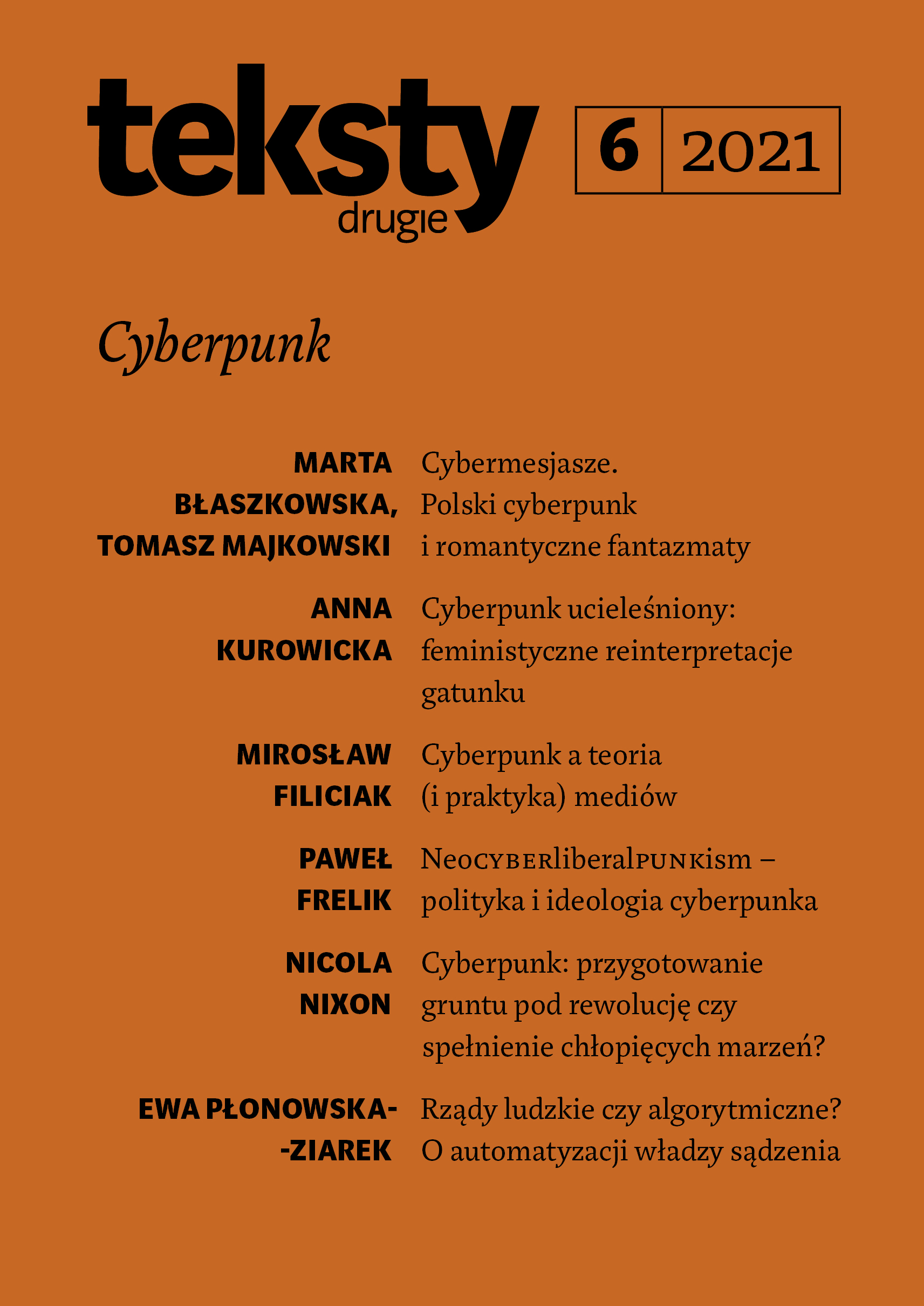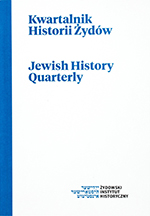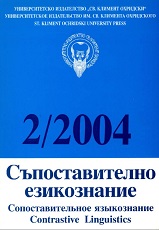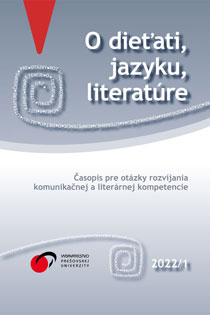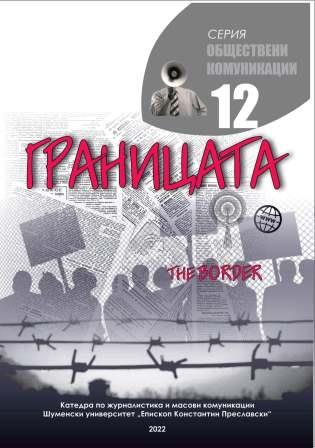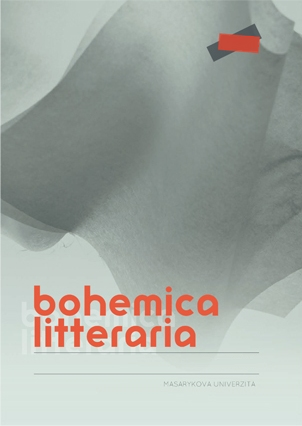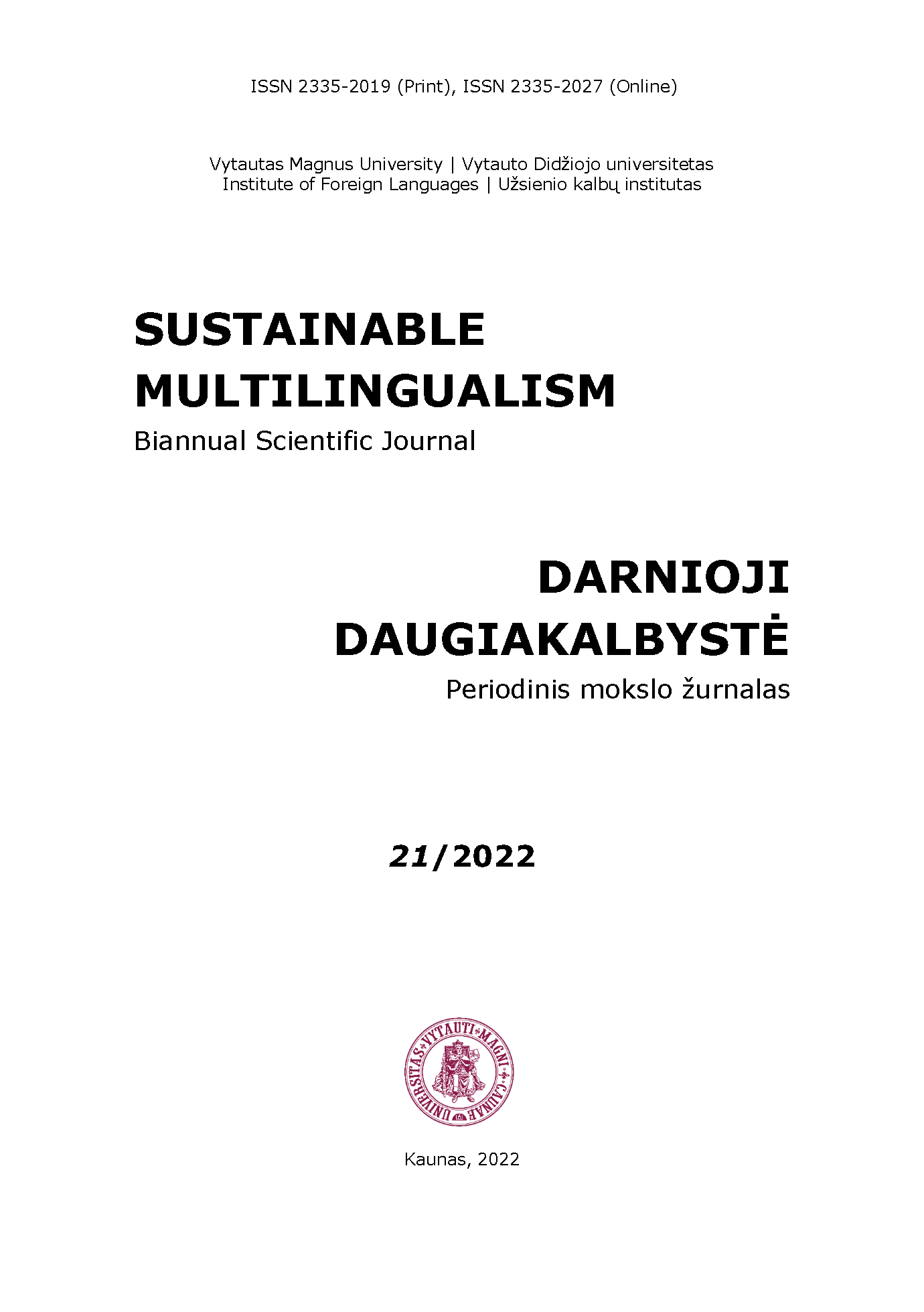
Multilingüismo en Santo Tomé y Príncipe: un acercamiento desde la subtitulación
Sao Tome and Principe (STP) is a developing country where several languages coexist, although only one of them, Portuguese, serves as the official language. The rest of the languages are limited to private use and many of them are at risk of disappearing. As a pilot experiment to find formulas for the preservation of these languages, this work takes Forro Creole as a reference. Forro is no longer transmitted from parents to children, nor is it studied in schools, and it is mainly the elderly who maintain it. At the same time, elders form a social group that suffers abandonment and discrimination from their community. In this context, we wondered whether subtitling would be useful to preserve and promote Forro Creole and to contribute to the integration of the elderly into society; what the linguistic perceptions of Forro-speaking elderly and non-elderly Santomeans are; and, finally, what experts in International Cooperation (IC), Audiovisual Translation (TAV) and Linguistic Cooperation (LC) think of the possibilities of subtitling in this area. The results show the participants' perception of Forro, the situation of elders and subtitling, and lead to a final proposal: the recording of videos in Forro, subtitled in Portuguese and aimed at children whose protagonists would be elders who would encourage Forro learning and the ancestral culture through stories or songs that could be screened in schools or in the communities as a mobile cinema. / San Tomė ir Prinsipė (STP) yra besivystanti šalis, kurioje koegzistuoja kelios kalbos, nors tik viena iš jų – portugalų – yra valstybinė kalba. Likusios kalbos vartojamos tik privačiai ir daugeliui jų gresia išnykimas. Bandomajame eksperimente, kuriuo siekėme rasti šių kalbų išsaugojimo formules, rėmėmės forro kreolų kalba. Forro kreolų kalbos tėvai vaikams nebeperduoda, jos nebesimokoma mokyklose, ją daugiausia palaiko pagyvenę žmonės. Vyresnieji sudaro socialinę grupę, kuri patiria bendruomeninę atskirtį ir diskriminaciją. Atsižvelgdami į tai, domėjomės, ar subtitravimas būtų naudingas siekiant išsaugoti ir populiarinti forro kreolų kalbą ir prisidėti prie pagyvenusių žmonių integracijos į visuomenę; koks yra forro kalba kalbančių pagyvenusių ir nepagyvenusių santomiečių kalbinis suvokimas; galiausiai, ką apie subtitravimo galimybes šioje srityje mano tarptautinio bendradarbiavimo (IC), audiovizualinio vertimo (TAV) ir lingvistinio bendradarbiavimo (LC) ekspertai. Rezultatai rodo, kaip dalyviai suvokia forro kalbą, vyresniųjų padėtį ir subtitravimo metodo taikymą, ir leidžia pateikti šį baigiamąjį pasiūlymą: siūlome įrašyti filmukus forro kalba, subtitruotus portugalų kalba ir skirtus vaikams, kurių herojai būtų vyresnieji, pasakojimais ar dainomis skatinantys mokytis forro kalbos ir protėvių kultūros. Tokie filmai galėtų būti rodomi mokyklose ar bendruomenėse kaip mobilus kinas.
More...
